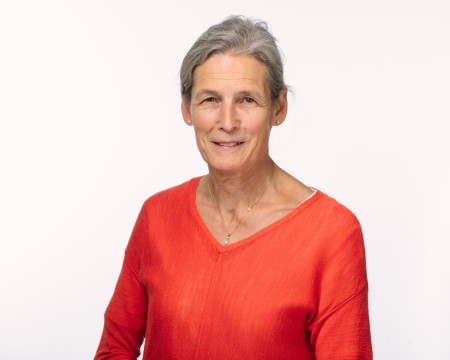British Gambling Commission: new members join safer gambling board

Dr Virve Marionneau and Dr Spencer Murch have joined the regulator’s Advisory Board for Safer Gambling (ABSG).
UK.- The British Gambling Commission has announced that two new members have joined its Advisory Board for Safer Gambling (ABSG). The academic expert appointments are Dr Virve Marionneau and Dr Spencer Murch.
Marionneau has a background in sociology and is director of the Centre for Research on Addiction, Control and Government at the University of Helsinki, Finland. She conducts research into gambling-related matters, including regulation, online gambling and the qualitative investigation of gambling experiences and harms.
Murch is a cognitive psychologist and an AGRI postdoctoral fellow at the University of Calgary, Canada. His work includes research into cognitive behavioural practices and the implementation of AI for health.

Anna van der Gaag, chair of the ABSG, said of the appointments: “They are highly respected academics, both with a strong record of achievement in the field of gambling studies, and together they will expand the national and international research expertise we offer to the Commission.
“Gambling is a global business and the regulatory challenges faced in different jurisdictions have much in common. I am delighted to be welcoming them and have no doubt they will bring valuable new insights to an ever-expanding range of topics which inform policy and practice in gambling regulation.”
Marionneau said: “I am honoured to join the ABSG, especially at a time when increasing international and cross-sector collaboration is needed to regulate and control gambling. I am thrilled to be a part of this impressive team of experts, and I look forward to advising particularly on regulatory practices and research from other jurisdictions.”
Murch said: “I am eager to contribute to such a talented team as the ABSG. As AI technologies and digital gambling opportunities continue to evolve, it is more important than ever to understand clearly the threats posed to human health in the United Kingdom and around the world. The mandate of this group is important, timely, and represents an opportunity to transform research insights into working harm prevention policies.”











